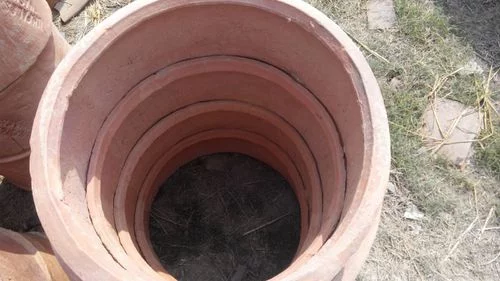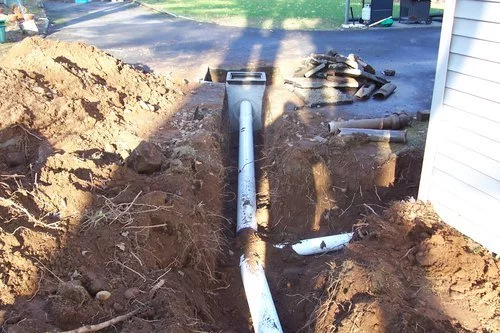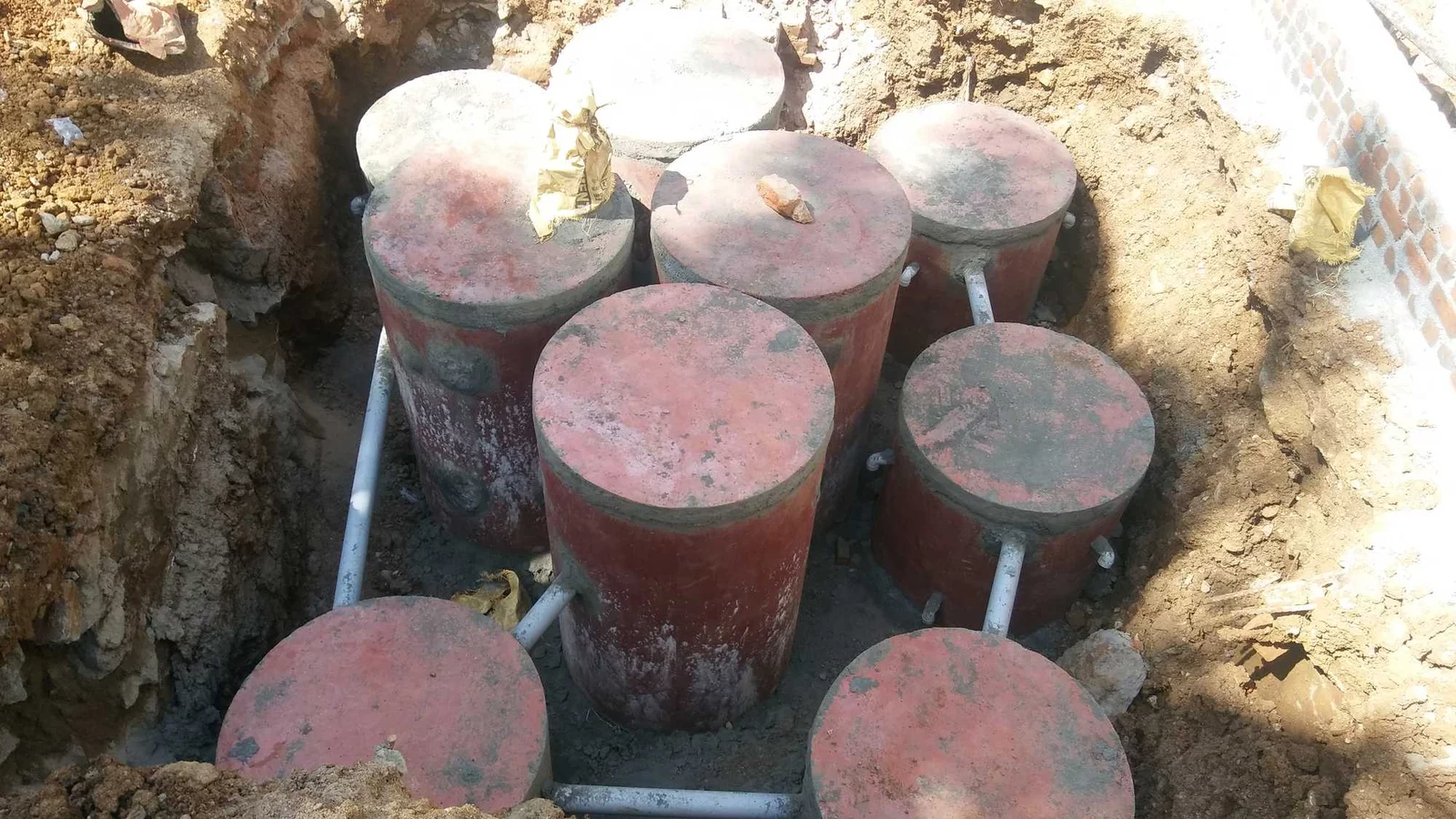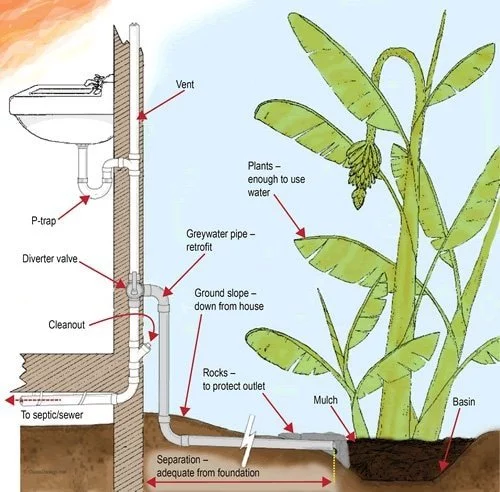In this blog we are going to see in detail about the waste water recycling, its uses, advantages, disadvantages and the cost involved in it.
TABLE OF CONTENTS
1.What is waste water recycling?
2.What are the types of waste water?
3.What are the current techniques we are using to handle the waste water?
4.What are the technologies used for waste water recycling?
5.What is the cost of waste water recycling?
6.What are the advantages of waste water recycling?
7.What are the disadvantages of waste water recycling?
8.Waste water volume calculation
9.Can we reuse the recycled water?
10.What is the importance of waste water recycling? Is it worth the cost and effort?
The following blog will be providing answers to the above mentioned questions in detail. You can also directly skip to a particular question by clicking on it, however we recommend you to read the entire blog to have in depth knowledge about the waste water recycling
1.What is waste water recycling?
Everyday 100’s of litres of water used by a family for household usage i.e washing, cooking, bathing, bathroom usage etc. In commercial factories or apartments this usage can go upto multiple times when compared with a regular household usage. This water becomes unclean after usage and it’s sent out of the house as waste water. The process cleaning the waste water and making it fit for direct or indirect usage is known as waste water recycling.
2. What are the types of waste water?
There are two types of waste water that we take into consideration for water recycling
Grey water:
Grey water is the used water from all the household or commercial usage without the faecal matter or faecal contamination. i.e. Used water from shower, kitchen sink, wash basin, washing machine and used for other purposes except toilet flush tanks. Grey water contributes to 90% of the waste water from a house. It’s easy to treat this unless harsh chemicals like cleaning acids are used.
Black water:
Black water is the waste water from toilets, primarily from flush tanks. Water contaminated with faecal matter is known as the black water. It is harder to recycle this water when compared with grey water as black water contains more pathogens, germs and bacteria
3.What are the current techniques we are using to handle the waste water?
There are various techniques used to handle waste water across multiple locations. We are going to explain some of the popular methods used in Chennai, their advantages and disadvantages.
RCC Septic Tank:
It is used in places where there is no central drainage connection. This method involves collection of all the waste water in a house or building i.e. grey and black water inside a concrete tank where the sludge and waste water is allowed to settle down using gravity. The water accumulated will slowly percolate into ground and only the sludge will remain
Advantages of RCC Septic Tank:
- There is chamber to separate sludge from the water hence making it easier to clean
Disadvantages of RCC Septic Tank:
- Has to be cleaned with trucks often.
- Since the waste water & sludge is stored underground, after a few months or years the sludge will get deposited on the ground pores and the percolation of water will become less. Due to this, the waste water will become stagnant, once the tank becomes full it will start flowing out.
- Even though sludge and water are separated in separate chambers the bacteria and pathogens from them will penetrate into the ground and contaminate the existing ground water.
- Expensive when compared with the other existing methods which are mentioned below.
Septic Tank Rings:
It is also used in places where there is no central drainage connection. It’s very similar to RCC septic tank except the water is collected inside a ring without a separation chamber
Advantages of septic Tank Rings:
- The most cheapest method and takes less amount of time to install.
Disadvantages of septic Tank Rings:
- Same disadvantages as RCC septic tank except the cost.
- The surface area of this method is very less when compared with RCC septic tank, so the chances of sludge getting deposited in the ground and decreasing the percolation capacity will be much higher.
- Not easy to clean since there is no separation chamber
Drainage system:
This is a central drainage system either provided by government or developed inside a community. The entire wastewater would be collected and either dumped in rivers, seas or cleaned using cleaning trucks.
Advantages of drainage system:
- The house owner doesn’t have to maintain it or clean it unless there is a blockage
Disadvantages of drainage system:
- It’s available only in prime locations of a city or inside a gated community.
- If there is a blockage its not easy to find and rectify.
In all the current techniques of handling wastewater there is one common problem “Zero water savings”
4.What are the technologies used for waste water recycling?
Once again there are multiple technologies used for waste water recycling across the world. We are going to explain some of the most commonly used water recycling technologies
Sewage treatment plant (STP):
STP’s are commonly used in large apartments where the number of residents are more than 100. It involves the process of collecting all the waste water and separating the sludge from them using filters and treating the water with chemical or electrical process. There are different kinds of STP’s based on the purpose and budget.
Advantages of STP:
- Recycles the water so that it can be reused.
- It reduces the amount of waste generated by us and contributes to the environment
Disadvantages of STP:
- It is very expensive
- High maintenance cost
- Requires a skilled person to maintain it
- Requires chemicals and electricity to operate. High operational cost too.
Bio cleanser septic tank:
These kinds of septic tanks use bacteria to recycle the waste water. There are different varieties in this type of recycling tank. Some of these tanks can recycle both grey water and black water, some of them can only recycle black water as it needs organic material to feed the bacteria which helps in recycling the waste water. The bacteria which is present inside the septic tank will eat the sludge and remove some pathogens and bacterias from the waste water. Harmful chemicals and cleaning acids should not be used as it will kill the live bacteria inside the tank. It has one large tank to collect the waste water and treat it with live bacteria, the treated water is sent to various small tanks which will percolate the treated water into the ground.
Advantages of bio cleanser septic tank:
- Recycles the water without electricity or chemicals
- It uses gravity for the flow of water and bacteria to recycle the waste water. Hence very less operating and maintaining cost
- No maintenance person required
- Cost effective when compared with STP’s or conventional septic tanks
Disadvantages of bio cleanser septic tank:
- The treated water cannot be reused directly
- Recycled water is not fit for skin touch i.e it cannot be touched directly as it might create some allergies
- Since it has more number of smaller tanks it requires more space and cannot be used in smaller plots inside city limits
- It cannot be place under car parking without a reinforced concrete flooring as the load of car might break the recycling tanks
5.What is the cost of waste water recycling?
Based on the method of waste water recycling and its capacity the cost may vary. But in residential segment for a family of 4 an average of 10,000 litres capacity – conventional septic tank would cost approximately Rs.1,60,000 – Rs.1,80,000.
Wastewater recycling tanks like biocleanser or biofilm septic tanks would typically cost around Rs.1,25,000 to 1,65,000 depending on the capacity and installation type. This cost includes the cost of water recycling tank and installing it under car parking along with RCC slab. If it’s installed in a open plot where there is no car parking or any other floor area on top of it, the cost will be lesser since it does not require RCC slab.
Sewage treatment plant (STP) can range between Rs.5 lakhs – 12 lakhs for apartments with less than 200 people.
6.What are the advantages of waste water recycling?
- Reduces the wastage of water
- Reduces the wastage of water
- Prevents the depletion of underground water table and saves water.
- Grey water can be directly used for gardening purposes like how its shown in the image above. It helps in gardening
Some real life scenarios which can be avoided by waste water recycling
- We drill a borewell upto 100 feet now, after 5 years time the borewell runs out of water and we will have to have dig another deeper well. This happens because we take the water out of borewell but do not give back. Rain water is also not properly harvested which all contributes in depletion of underground table
- Cost of water purchased in trucks can go upto 3 times in summer season, most of the time we don’t get water trucks too. There is huge demand for it during summer season. We need not depend on water trucks if only we had recycled the waste water from our house
- The need for water or the cost of it is not going to get reduced but will increase multiple folds in the future. If we don’t recycle the water we will have to pay a fortune for water in the future.
” Our parents generation would have never thought buying drinking water in cans will be the only option for us. Likewise we don’t see the fact that our children and grandchildren will be having no water to use”
7.What are the disadvantages of waste water recycling?
- For people who already have a central drainage system this might be an additional cost
- It has to be carefully handled, throwing solid objects or harsh chemicals, acids might damage the recycling tank
- Since its buried underground the chances of repairing it is very less and will be costly.
- If not properly installed the chances of it getting damaged is high. It’s better to choose skilled people who does best quality work
8.Waste water volume calculation
This table indicates an average value of water usage for family with 4 people in India. The values in this table are arrived based on the data collected by talking with some of our customers and our own household usage On an average day a family of 4 uses close to 1000 litres of water per day for domestic purpose. You can also calculate your usage based on your overhead tank capacity and how long does it last if filled one time.
| Vegetables | Herbs | Fruits |
|---|---|---|
| Blackwater | Toilet Flush | 280 |
| Greywater | Shower & other bathroom use | 400 |
| Washbasin | 60 | |
| Kitchen | 200 | |
| Total | 940 litres/day |
9. Can we reuse the recycled water?
The most cost efficient and easiest way to reuse the recycled water is to use grey water for gardening purposes and to recharge the ground water.
There is a common expectation that if we can reuse the recycled water in flush tanks to be used in toilets. To do that we will have to install additional underground tank and also an additional overhead tank and a pump so that the recycled water can be pumped into the overhead tank and supplied to flush tanks. So just to reused the recycled water we will have to buy 2 additional tanks and a water pump which altogether might cost close to Rs.30,000 including installation.
The recycled water will not be transparent in color or free from smell, so the flush tanks, overhead tank and plumbing lines will require frequent cleaning and maintenance. The motor pumping that will also require frequent maintenance. Our toilets may also smell bad and stains may be formed on it because of the water.
10. What is the importance of waste water recycling? Is it worth the cost and effort?
The most important reason to recycle the waste water is to save our own money and future.
An average family spends upto Rs.5000 per month in buying drinking water cans. Our parents would have never imagined that their children will be spending that much money for buying drinking water. Their monthly salary itself might have been only Rs.5000 at that time. Likewise our children may spend Rs.1 lakh per month for buying water for domestic usage.
How many of us have suffered without water in borewells during summer?
A 9000 litre truck load of water costs around Rs.5000 in summer compared to Rs.2000 in other seasons supplied by private companies. Source: News 18
Based on that cost we will be spending Rs.15000/month if our borewell ran out of water and we are completely dependent on water trucks and they might not be available too at all times. The water cost keeps rising every year.










